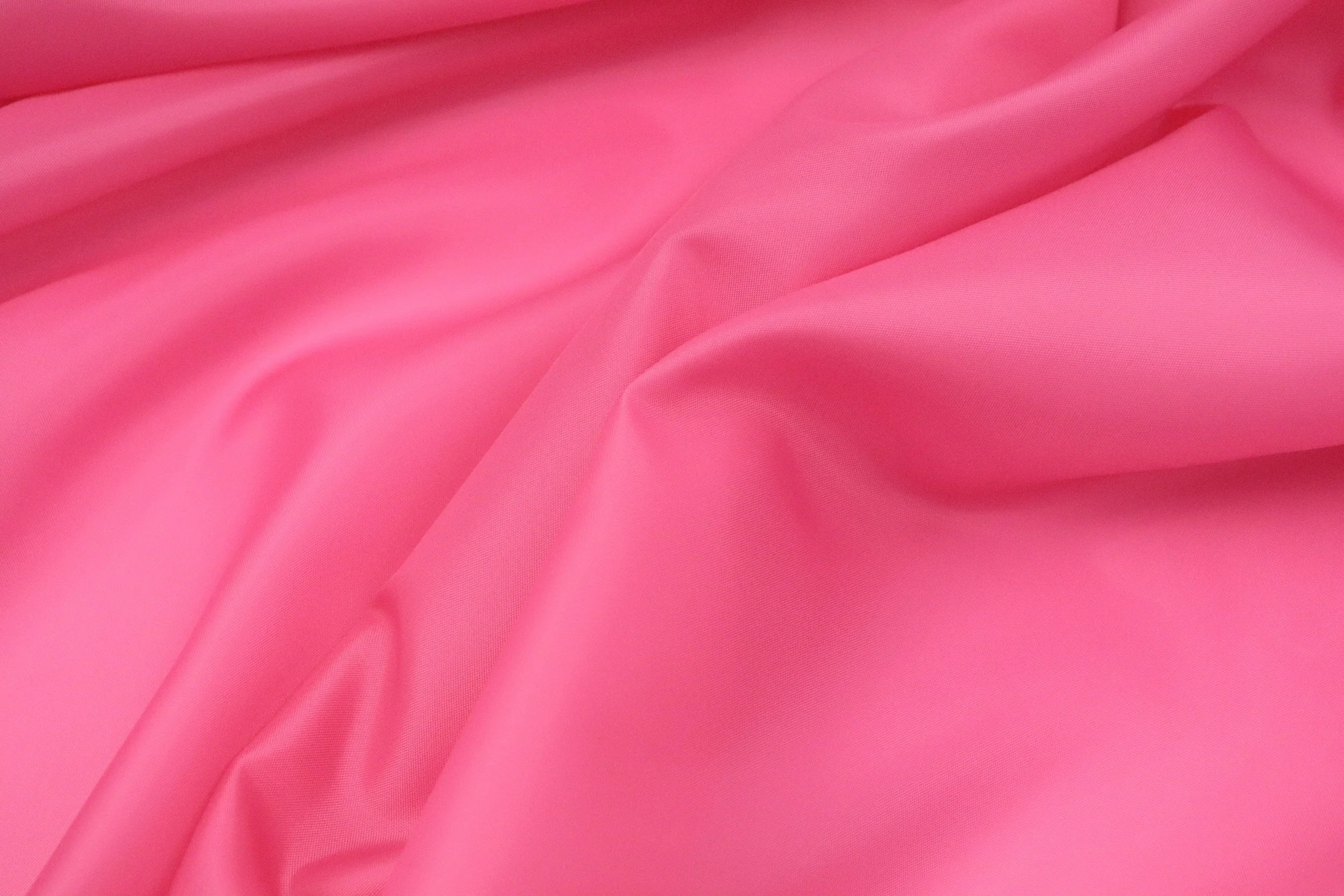A Pink Saree
You saw her draped in pink
and thought—
this is her costume,
her destiny.
You saw her naked and thought—
this is her at her weakest.
But I saw her wail,
like a child ripped from her mother’s hands
in a carnival too vast, too loud, too cruel.
I saw the silk cling
to her like a wound,
a quiet rebellion
stitched in docility.
I saw her break—
not on a stranger’s bed,
but in the silence that followed.
She nestled against me
like a child no one came back for
after the fair.
The aroma of cheap roses
and stale breath dawdled,
yet her grief felt new.
She is the strong one—
the girl who hums retro Bollywood music
while the city slumbers,
who saves her tears
for when no one is buying.
But that night,
she let them fall.
Her kohl-streaked cheek
pressed to mine.
"I'm sorry," she said,
as if exhaustion was betrayal.
"I just need a minute."
But how could a minute
undo decades
of feeling unchosen?
How could it lift
the weight of men
who paid to touch
but never to stay?
Once,
there were stars in her eyes—
not painted, not purchased,
but born from within.
They’ve dimmed now,
flickering under the neon glow
of "Vacancy" signs.
She was a girl once—
barefoot, loud with dreams,
her laughter trailing
like a ribbon in the wind.
But the world,
in its insatiable hunger,
tore her dress,
Molded her into something
it could label,
then discard.
They claim she is broken.
She says she’s merely weary—
of waiting for compassion,
of offering warmth
only to be called frigid.
And still,
she dons that pink saree—
not as surrender,
but as a testament to her survival.
A soft thread
in a world that unravels.
We turned her into a ghost
long before death found her.
My name is Shraddha, and I am a literature student from India who will turn 21 in 2 months.
I write because silence often fills my throat—because at times, my pen becomes my heartbeat when tears refuse to fall. Inspired by Wordsworth’s notion that poetry is the “spontaneous overflow of powerful emotions recollected in tranquility,” I find both solace and strength in expressing the stories that are frequently whispered about, if they are spoken of at all. I am inspired by the confessional styles of Sylvia Plath and Kamala Das—where personal anguish transforms into political defiance, where even sorrow is woven with fire. My writing often centers on marginalized identities, particularly women, and I create with the belief that empathy, rather than pity, is what we owe them.
